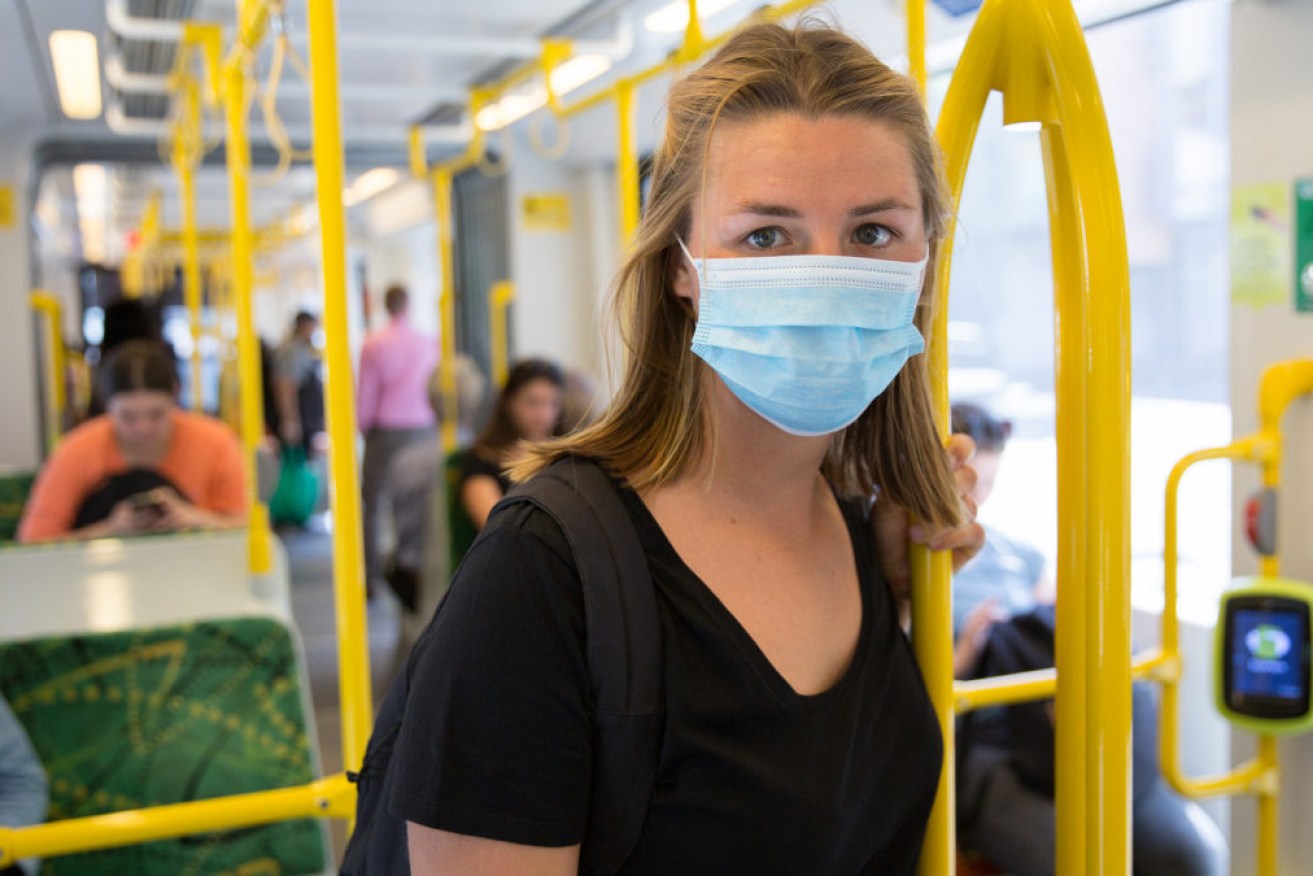The seven signs that most likely mean a positive coronavirus result


To protect against a third wave we need to stay on the “front foot” and make sure the virus – if it's out there – is caught early.
In a breakthrough that could help us on the way to a COVID-normal, Australian scientists have developed a system that pinpoints the top seven signs contributing to a positive coronavirus test.
The seven-point system can help allocate resources and determine the risk of a potential outbreak, the research team said, releasing the report on Thursday.
Those points, in descending order from the most prevalent, are:
- Exposure to a positive case or recently travelled internationally
- Discomfort, aches, and pains
- Loss of smell or taste
- A temperature
- A sore throat and/or a runny nose
- Low oxygen levels
- Being aged 65-plus.
To determine the seven points, researchers tested some 2900 Australians who presented with known COVID-19 symptoms.
Only 3.7 per cent of those people returned a positive result, with just 15 people needing to be admitted to hospital.

The virus has been so fast evolving, it’s been difficult to keep up with the list of symptoms.
The researchers set out to determine the symptoms that were more severe for those who managed the illness at home, versus those who had to be treated in hospital.
They found those who went into hospital were experiencing severe shortages of breath, predominately male and had not been overseas or exposed to confirmed cases.
Hospital patients also reported fever as one of their main symptoms – those who stayed home to recuperate, less so.
The report authors also noted that – even though in the early days of the pandemic it was a sign you didn’t have COVID-19 – a lot of confirmed cases reported sore throats and runny noses.
The team of researchers came from the University of Melbourne, Peter MacCallum Cancer Centre, the Doherty Institute, and Austin Health.
The testing was undertaken in Melbourne.








